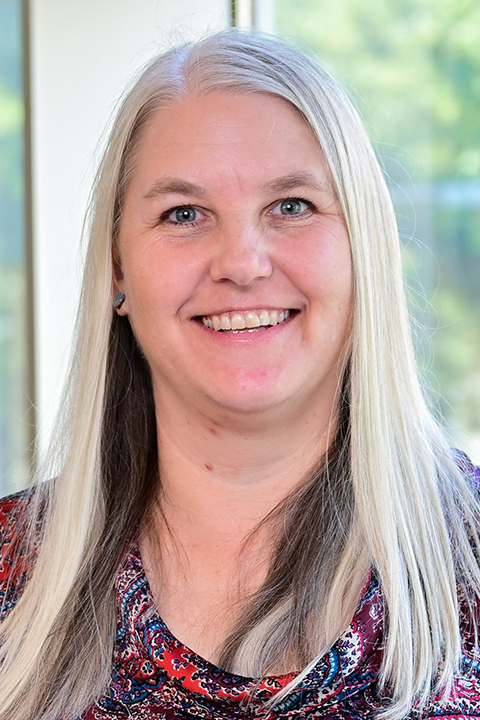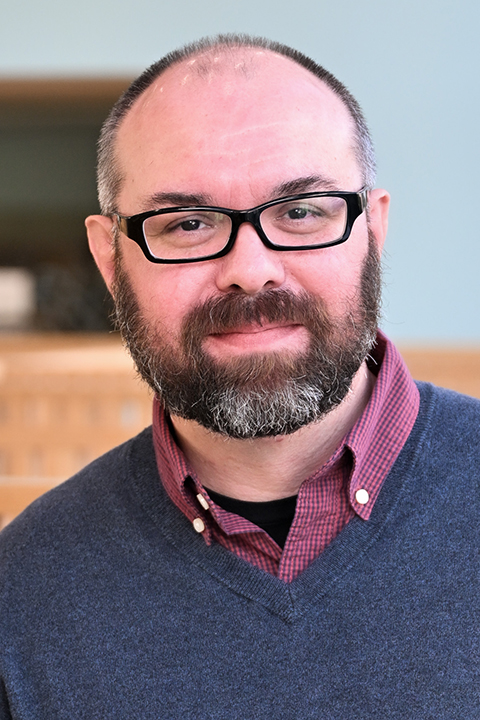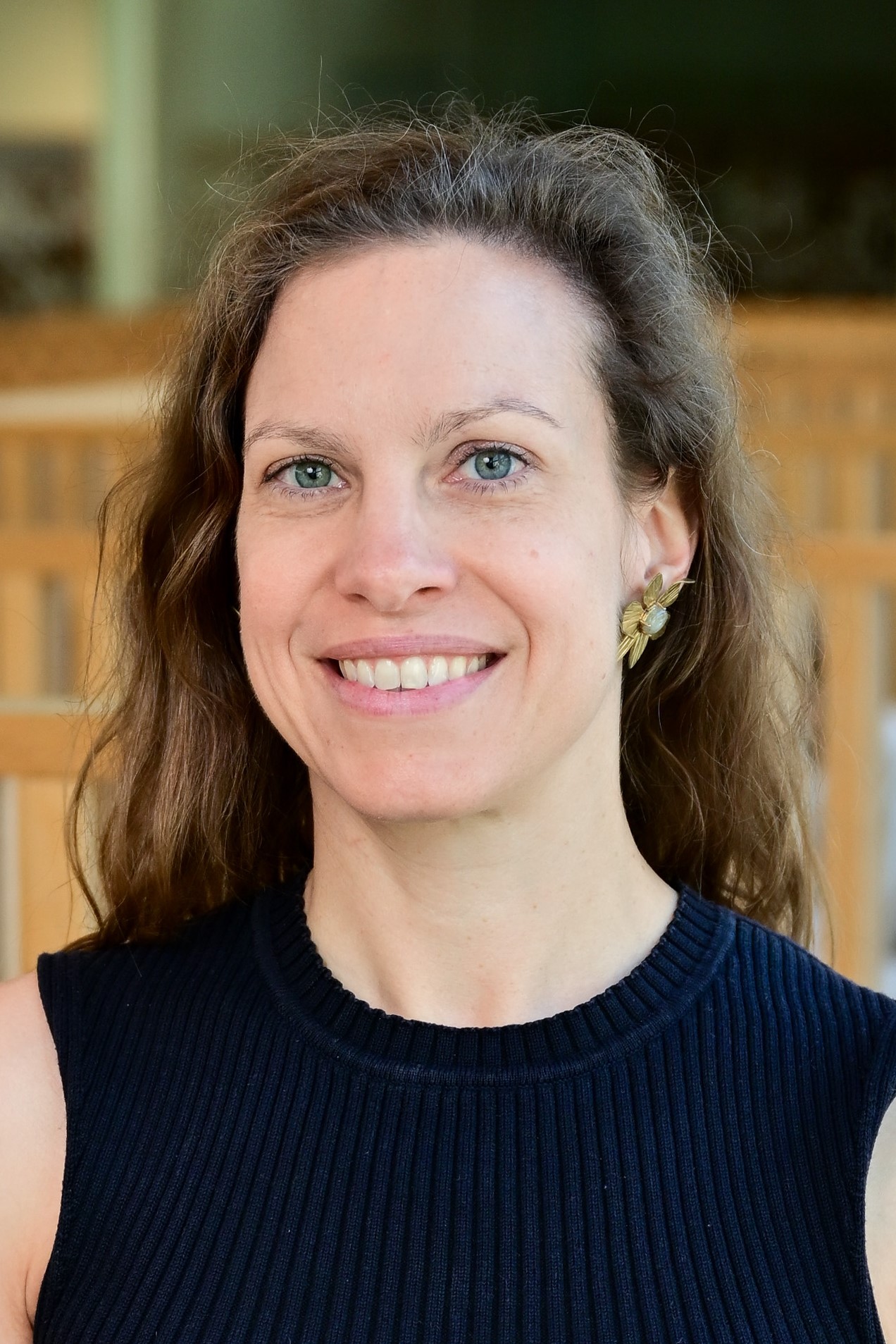Biology
The Department of Biological Sciences was formed in 1966 through the merger of the Zoology Department and the Botany Department. The Columbia University Libraries supported this department with a collection housed in the Biology Library (called the Zoology Library until the departmental merger). The Biology collection originally served only the Biological Sciences Department and the Physical Anthropology program. In the 1990s, the collection’s scope was expanded to support the newly formed Center for Environmental Research and Conservation, CERC (now called The Earth Institute Center for Environmental Sustainability), a consortium that includes Columbia University, the American Museum of Natural History, The New York Botanical Gardens, The Wildlife Conservation Society and The Wildlife Trust. The expanded collections included research-level materials in ecology, evolution, biological conservation, population biology and wildlife biology. See the Ecology, Evolution, and Environmental Biology collection development policy for a more complete description of collection coverage provided for this area. More recently, sustainable development has had a growing importance across the University and the Libraries’ collections have grown to include more comprehensive coverage in this area as well.
The Biology collections were integrated into the new Science & Engineering Library when it opened in 2011. Materials with high use, as well as course reserves for the department, are housed in the Science & Engineering Library, with other material being held in the University’s off-site storage facility (ReCAP).
Currently, this collection is designed to serve the research and teaching needs of the Biological Sciences Department, affiliated departments, centers and institutes. Broad subject areas covered in the Biology collection include: cell biology, molecular biology, biochemistry, neurobiology, physiology, genetics, immunology, and history, ecology and environmental studies and evolutionary biology. Specialized areas of particular note include DNA structure and function, virology, developmental biology, and membrane structure and function. Also emphasized are the areas of: biochemistry, molecular biology, cell biology, neurobiology, physiology, physical anthropology, biotechnology, environmental sciences, ecology, and evolutionary biology. The collections at the Health Sciences Library at the Columbia University Medical Campus complement the biology collections. The Health Sciences collections are more comprehensive in the areas of: stem cell research, genetic engineering, translational medicine, medicine, dentistry, nursing, clinical related fields, and public health. All science fields are cross-disciplinary to some extent, and it is not unusual for chemists, geologists, physicists, even astronomers, to have need of life science material for their research.
This document outlines the Libraries’ general policy on collections for the Biology collections but it is not intended to be a rigid set of rules; collection suggestions from students and faculty are welcome (see contact information below).
a. Undergraduate
The Libraries collects materials in support of the undergraduate degrees in Biology, Biology concentration, Biochemistry, Biophysics, and Neuroscience and Behavior. The Libraries also supports undergraduate students from Barnard College in their research.
b. Graduate & Professional Schools
The Libraries collects materials in support of the MA in Biotechnology and PhD programs offered by the Biology department. The MA in Biotechnology focuses on the modern aspects of molecular biology with a particular emphasis on approaches used in the biotechnology and pharmaceutical industries. The Biology collection is designed to support the research interests of the faculty and PhD students in modern biology including the following broad areas within the biological sciences: cell & molecular biology, computational biology, developmental biology, structural biology & molecular biophysics, genetics & genomics, evolutionary biology, chemical biology, microbiology and neurobiology.
The collection is also designed to satisfy the life science research and teaching needs of faculty, graduates students, post-doctoral fellows and visiting scholars in related fields including: Chemical Engineering, Chemistry, Biomedical Engineering, Ecology & Evolutionary Biology, Psychology, Evolution, Paleontology, and the Medical, Dental and Allied Health faculty, students and researchers at the New York-Presbyterian/Columbia University Herbert and Florence Irving Medical Center.
c. Institutes, Interdisciplinary Programs, etc.
In addition to the programs listed above, the Libraries’ collection also supports the work of the following organizations:
Black Rock Forest
Center for Computational Biology and Bioinformatics (C2B2)
Columbia Genome Center
Columbia Integrated Science and Engineering Center (CISE)
Institute for Neuroscience - Zuckerman Institute for Mind, Brain and Behavior
Quantitative Proteomics Center
d. Course Reserves
Selection for course reserves is up to individual faculty members. The librarian will do whatever is possible to secure specific materials absent from the collection. Course reserves for the department are housed in the Science & Engineering Library.
a. Print
Print materials collected include serials and periodical publications, reference sources, technical reports, and monographs. In general, print items will not be acquired if the content is available in electronic formats, unless cost or licensing considerations render the electronic version impractical. Subject coverage is intended to support research and educational efforts of relevant topics of interest to Biology faculty and students.
b. Digital Collections
Columbia University Libraries offers a robust variety of electronic resources. The Biology collection strives to offer the full array of available databases relevant to the field. The number of e-book titles acquired has been increasing over the last several years. E-books may be acquired outright or may be part of a subscription services as appropriate, based on availability. Electronic items with reduced barriers to access are preferred, such as DRM-free e-books or multi-user licenses. There are numerous electronic journal subscriptions available as well.
c. Media
Audiovisual materials and electronic tools are collected selectively but may be present as part of broader electronic collections or acquired upon specific request.
d. Languages Collected
We collect English language materials extensively; Western European languages very selectively; non-Western languages are collected rarely.
e. Chronological Focus
We collect materials focusing on current research topics and 20th-century topics extensively and 19th-century topics selectively.
f. Geographical Focus
We collect United States imprints extensively and materials published in Great Britain, Western Europe, Canada, and Latin America selectively.
g. Imprint Dates Collected
The main focus of collecting is current and recent (+/- 3 years) imprints. When antiquarian acquisitions are offered via gift or purchase, no specific chronological ranges are established in advance; rare or unique materials from any period may be considered.
The Rare Book & Manuscript Library (RBML) is especially strong in the history of mathematics and certain scientific fields, including astronomy. It holds the papers of prominent Columbia University faculty, and the University Archives holds the institutional records relating to the biological sciences at Columbia including: Office of the Provost and Vice President for Academic Affairs records, 1939-2006 [Bulk dates: 1956-2003], the Central Files, 1890-1984 [Bulk Dates: 1890-1983] (Office of the President Records) and in Historical Subject Files, 1870s-2017 [Bulk Dates: 1968-1972]. Please see RBML’s ‘What We Collect’ for other details on overall collection strengths and scope.
Notable archives include the Bakhmeteff Archive of Russian and East European History and Culture which has an extensive collection of Raisa Berg, the prominent Russian-American biologist and historian of science. RBML also holds the Valerii Soyfer Papers, a well known Russian-American molecular geneticist and biophysicist which will be available to researchers in 2019. The Special Collections department of Columbia University’s Augustus C. Long Health Sciences Library specializes in collecting materials in all formats that document the history of the health sciences, both generally and at Columbia.
a. Consortia and Collaborative Collecting with Other Institutions
The range of print materials focusing on the fields of Biology are greatly enhanced by Columbia’s participation in the Borrow Direct consortium of Ivy Plus institutions, OCLC’s SHARES network of international academic libraries, and the Manhattan Research Library Initiative (MaRLI), a partnership with New York University and the New York Public Library. MaRLI also enables Columbia to expand its electronic access to electronic journals and books through cooperative subscription and purchase agreements.
b. Location Decisions & Selection for ReCAP
When acquired, physical items will primarily be sent to off-site storage unless acquired specifically for course reserves or by patron request. Duplication of titles is generally limited to works identified by faculty as being central to a specific course. In these cases, no more than a few copies are obtained, at least one of which should be placed by the faculty member on reserve. Deduplication generally only takes place when a title has been identified for relocation to ReCAP and a copy already exists on shelf at that facility. Even in this instance, the librarian will inspect the copy that could potentially be withdrawn for any unique features or unusual provenance before assenting to deduplication.
c. Deaccessioning
Titles are deaccessioned only in cases where the physical copy is disintegrating and no longer serviceable in print format. In these instances, the librarian will evaluate whether to make a preservation photocopy, to create or acquire a digital surrogate, and/or whether to replace the physical copy with another. Resources on obsolete formats are reviewed by librarians on a case-by-case basis; in instances where the original format has artifactual value, it will be retained even after it has been digitized or otherwise reformatted. Distinctive collections held in RBML, Starr, Avery, and Burke are not deaccessioned.
d. Digitization & Preservation
Materials may be treated for preservation issues as needed.

Amanda Bielskas
Director
- Science, Engineering, & Social Sciences Libraries

William B. Vanti
Science & Engineering Librarian
- Science, Engineering, & Social Sciences Libraries

Katherine Brooks
Collection Analysis Librarian
- Science, Engineering, & Social Sciences Libraries
Last updated: March 2019